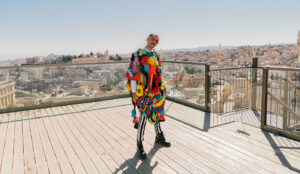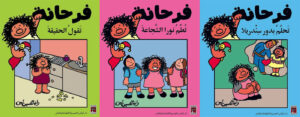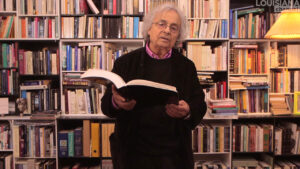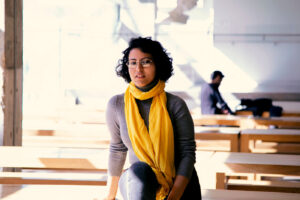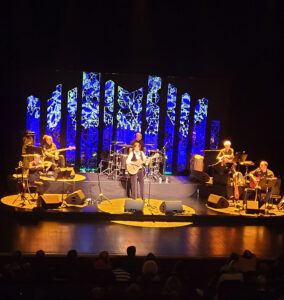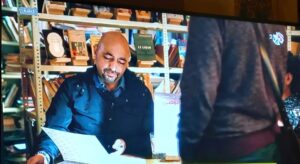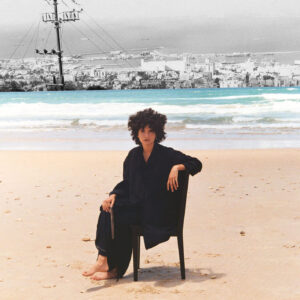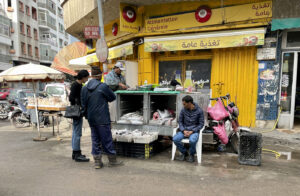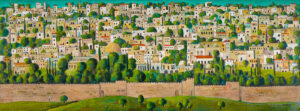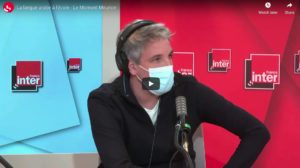Lebanese poet Jawdat Fakhreddine presents his work in Arabic, with a translation in English from Huda Fakhreddine.
Jawdat Fakhreddine
“Bilād” (“Land”) comes from Jawdat Fakhreddine’s collection Manaraton lil-gharīq, first published in Beirut in 1996 (Dar an-Nahar), and translated as Lighthouse for the Drowning in 2017 (BOA editions).
Bilād
The Arabic word bilād is not just land. It is also home, country, the place and the time to which one belongs, and for which one longs. In this poem, Jawdat laments a lost homeland and longs for it as a Lebanese who has survived the Lebanese Civil War and the endless Israeli aggressions on his village in South Lebanon. He also longs and laments as an Arab poet, in conversation with his predecessor, the pre-Islamic poet al-Harith b. Hilliza, from whose muʿallaqah Jawdat chooses the epigraph. Although arranged on the page as a free verse poem, Jawdat’s “Bilad” is a qasida in the same meter and rhyme as that of al-Harith’s poem, making it a muʿāradah, a direct response to al-Harith’s poem in form and content. The two poets’ laments against the treacheries of time echo each other across history.
And in this moment of genocide, this moment of Palestinian survival against all odds, I read this poem as an affirmation of the Palestinian right to land, home, freedom, and dignity. The Palestinian will to life will persist and resist even when reduced “to rubble and remains.” Palestine belongs to a long tradition of resistance on the land and in the imagination; it belongs to the Arabic language whose memory abounds with triumphs against time and its horrors. And in a moment like this, when “there is nothing but astonishment in every direction” and “all the roads deceive,” this language is “home/ the land and the sky to us/ and everything in between.”
—Huda Fakhreddine
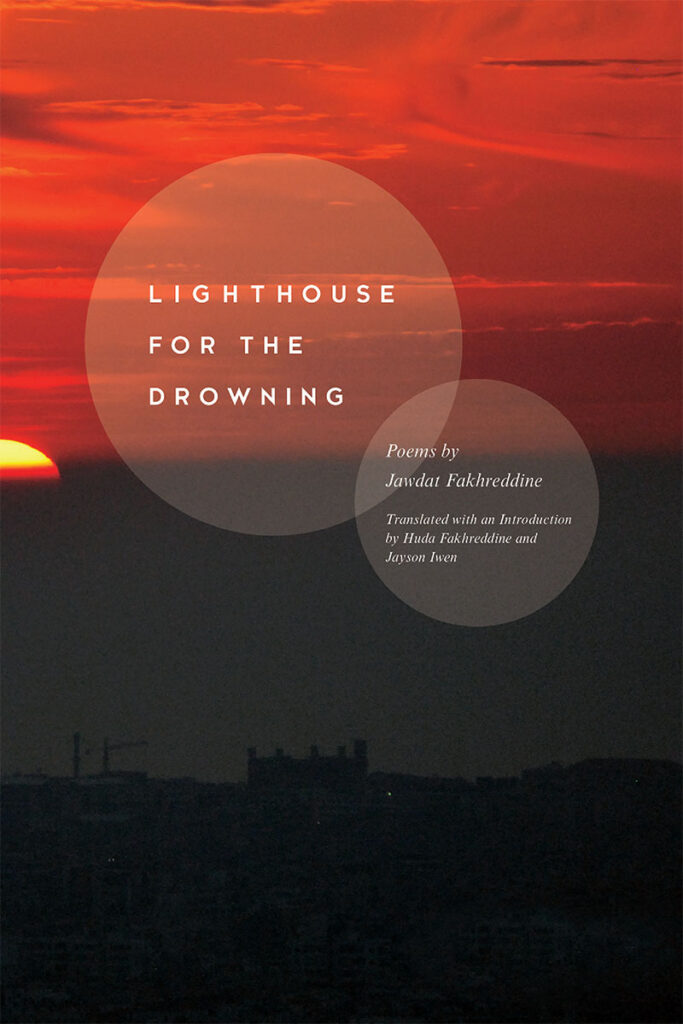
Three poems by Jawdat Fakhreddine, from Lighthouse for the Drowning
Translated by Huda Fakhreddine and Jayson Iwen
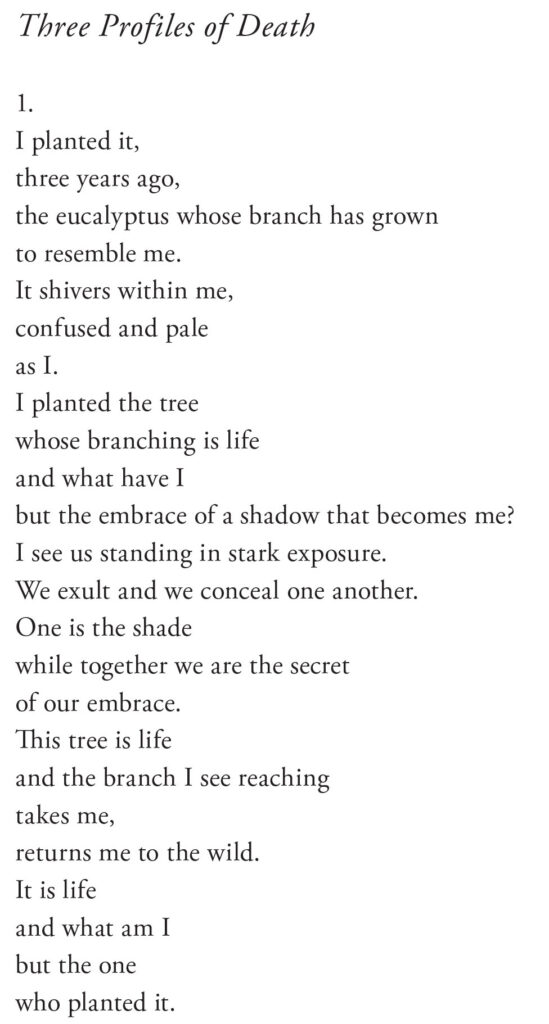
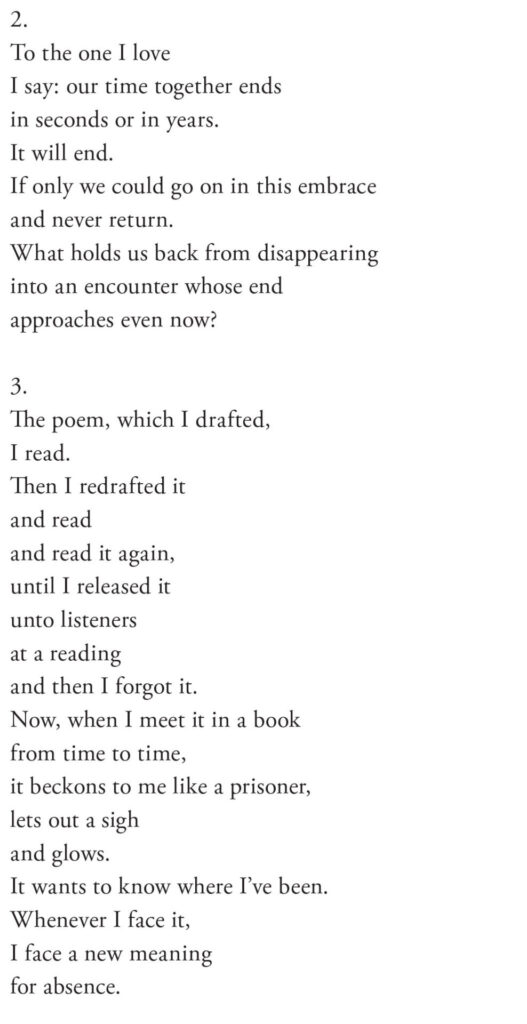
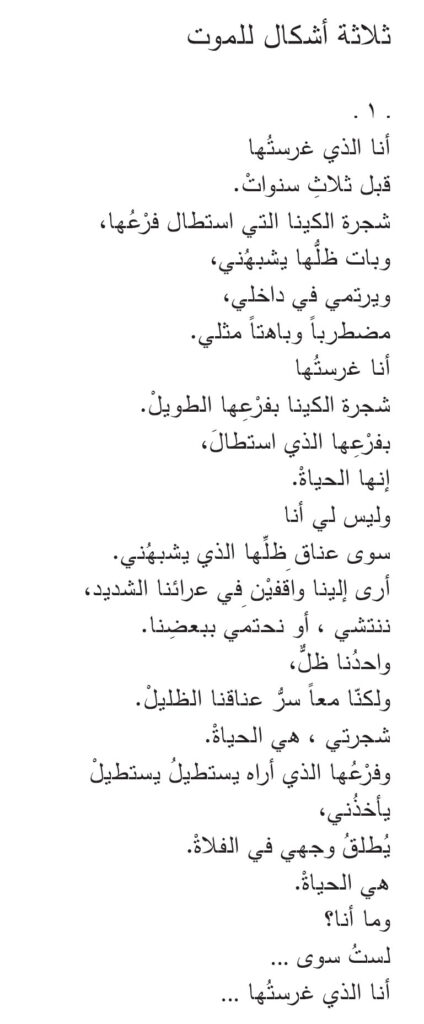
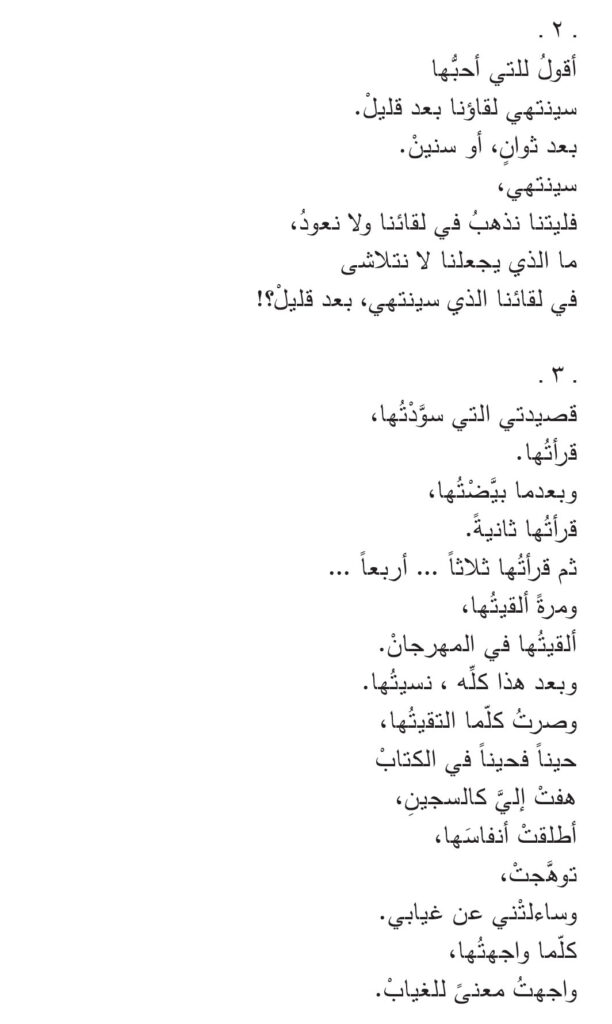
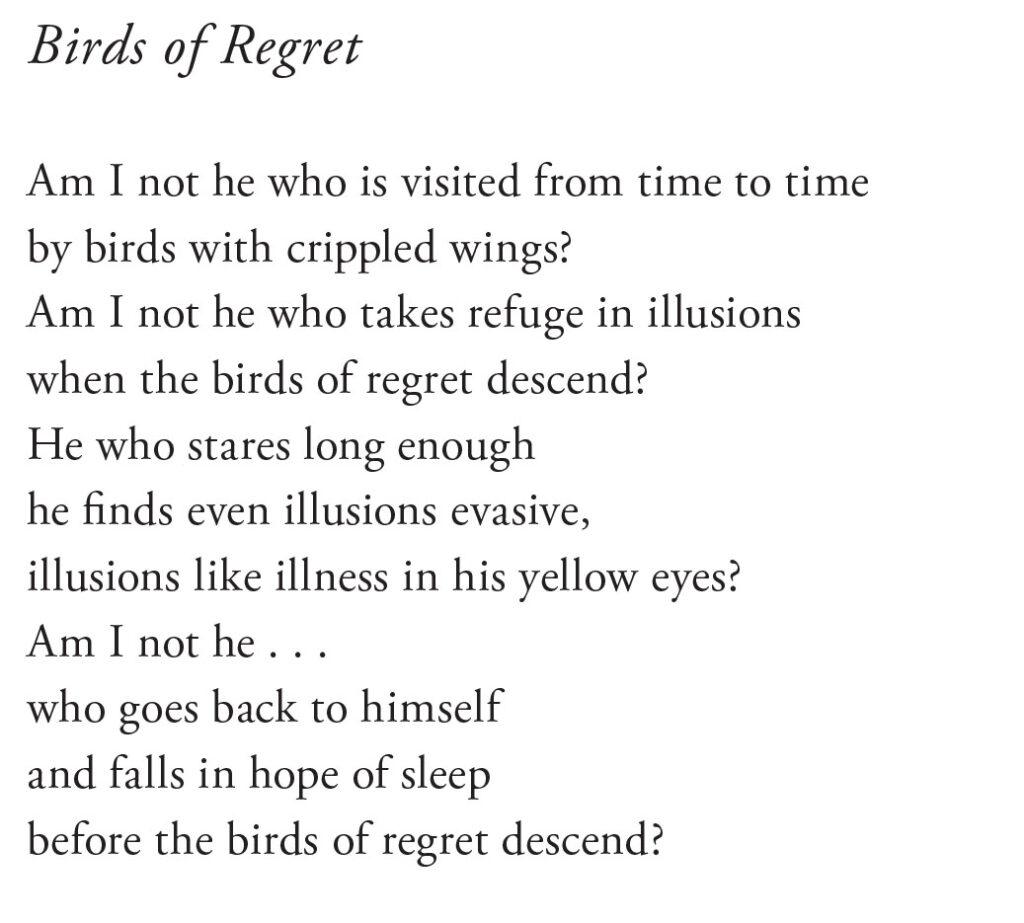
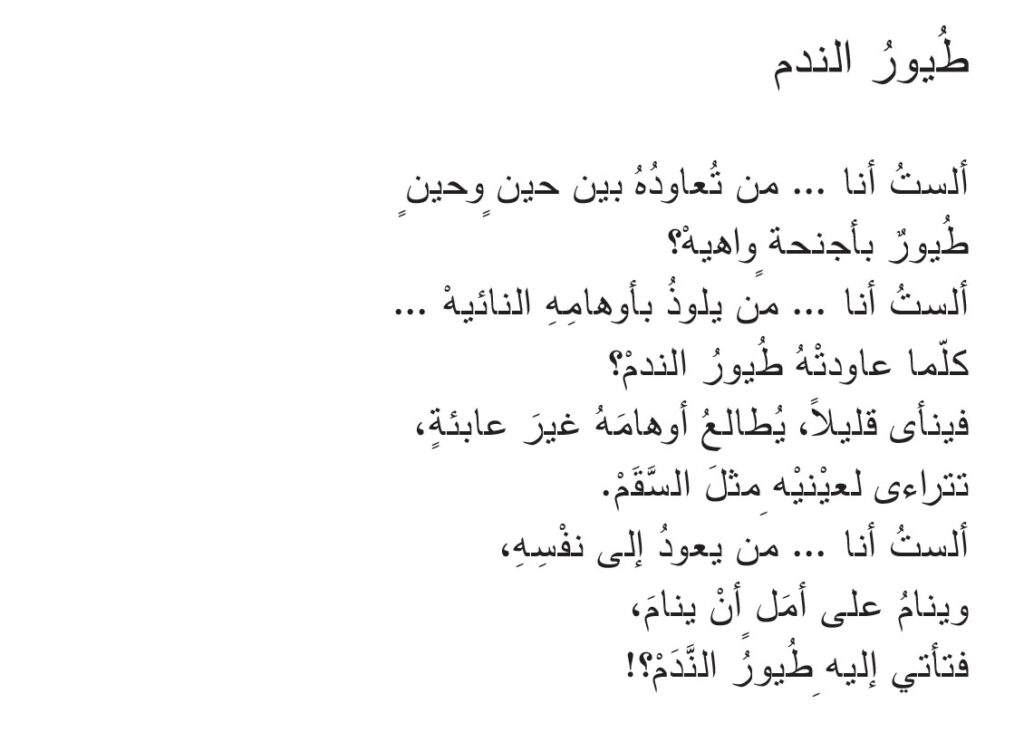
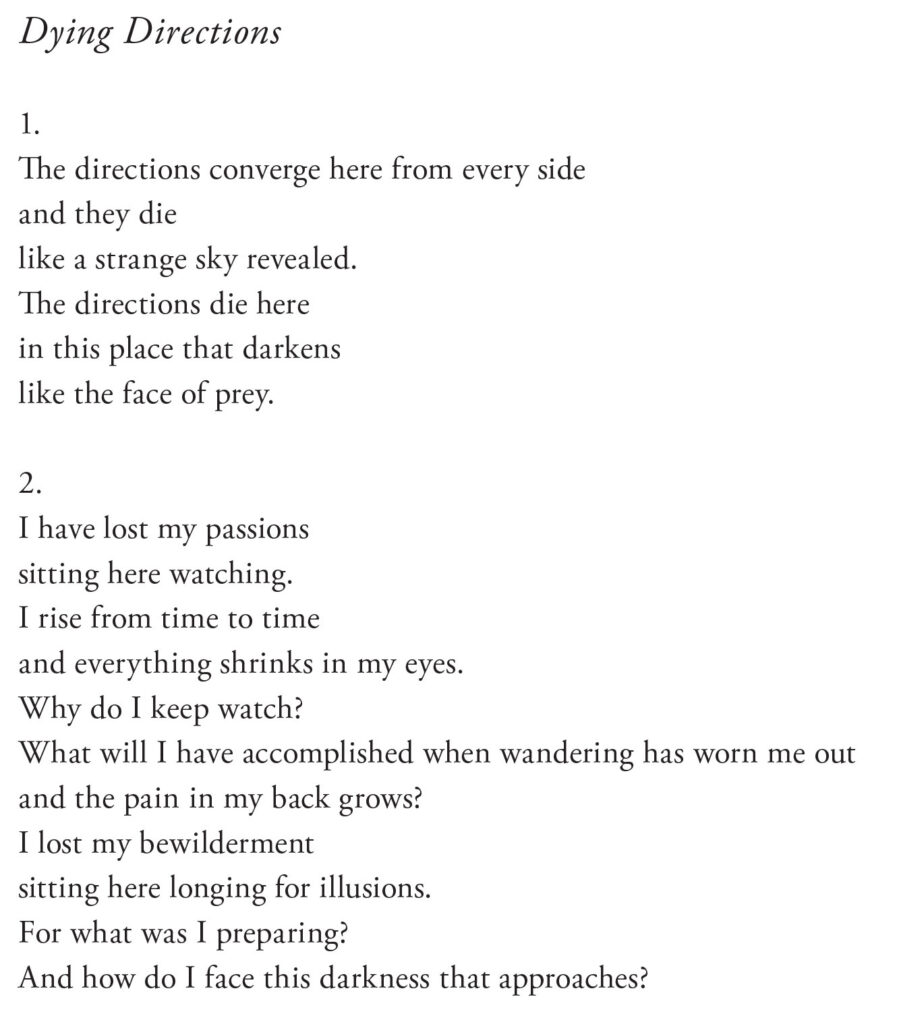
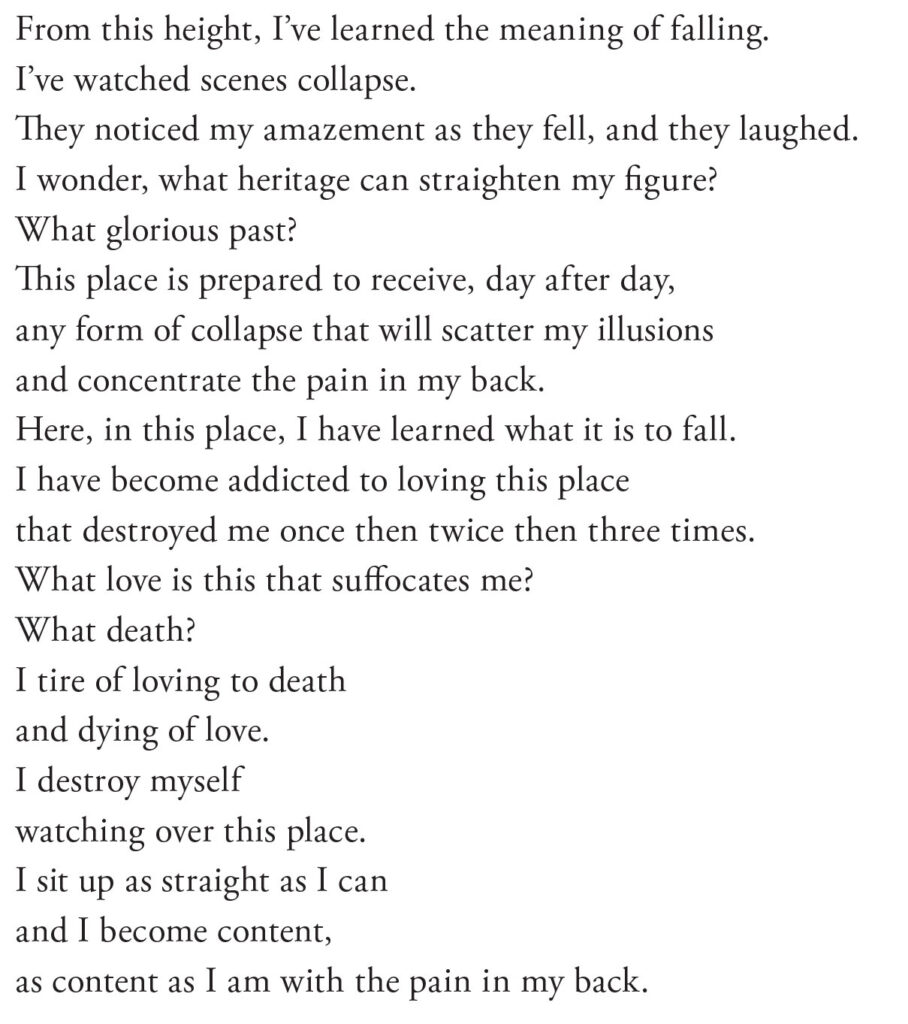
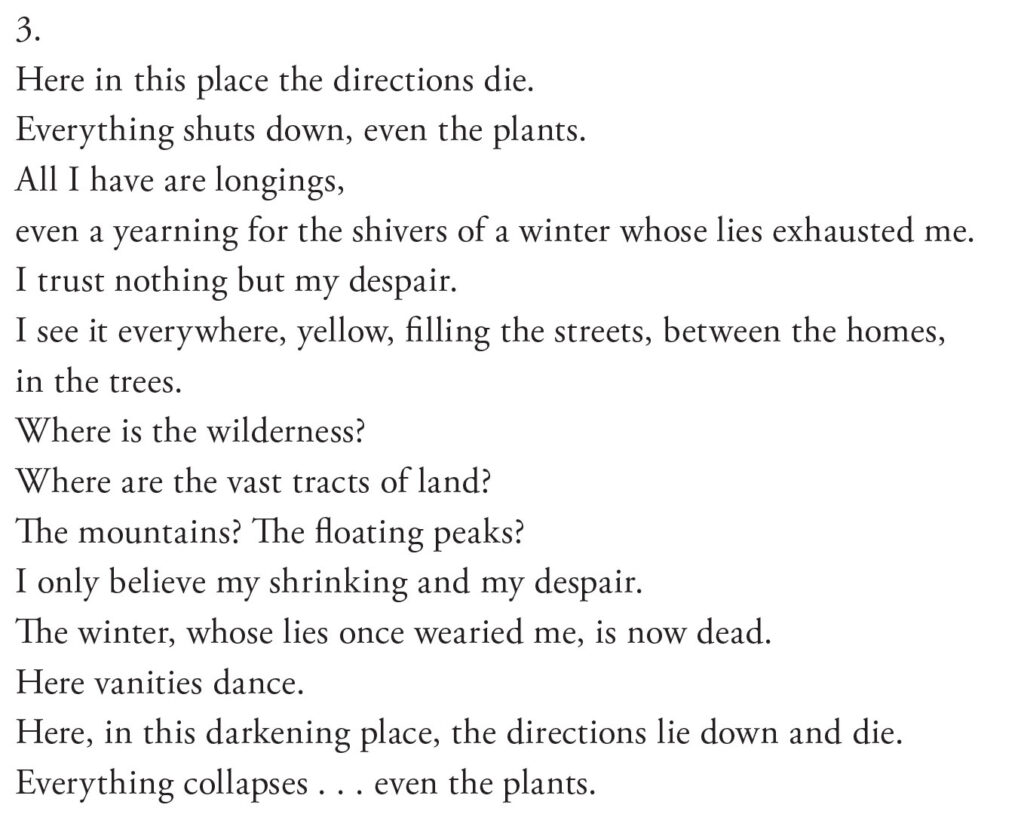
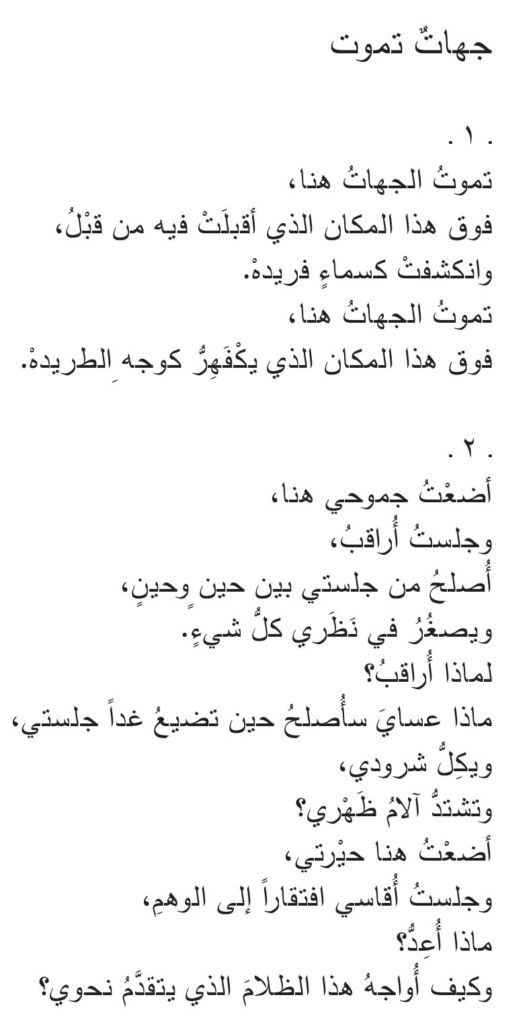

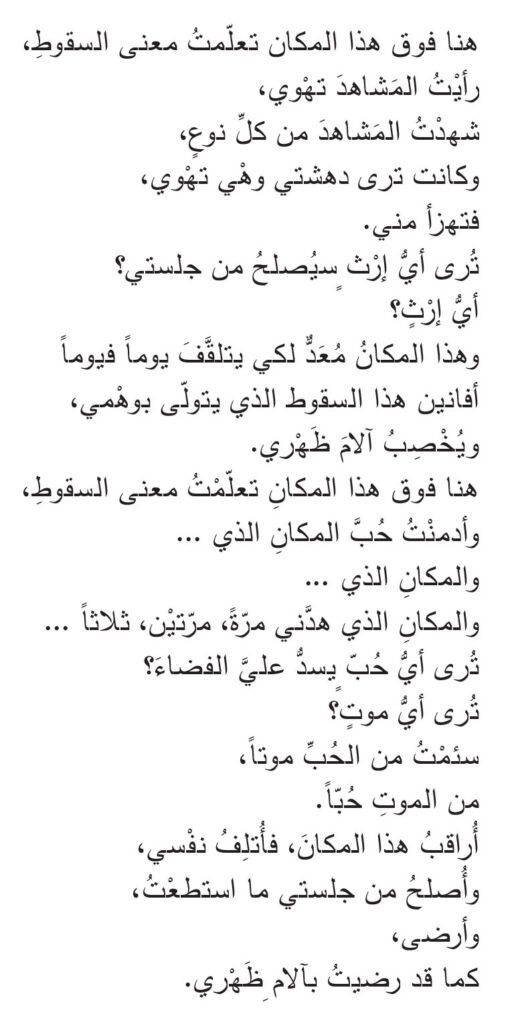
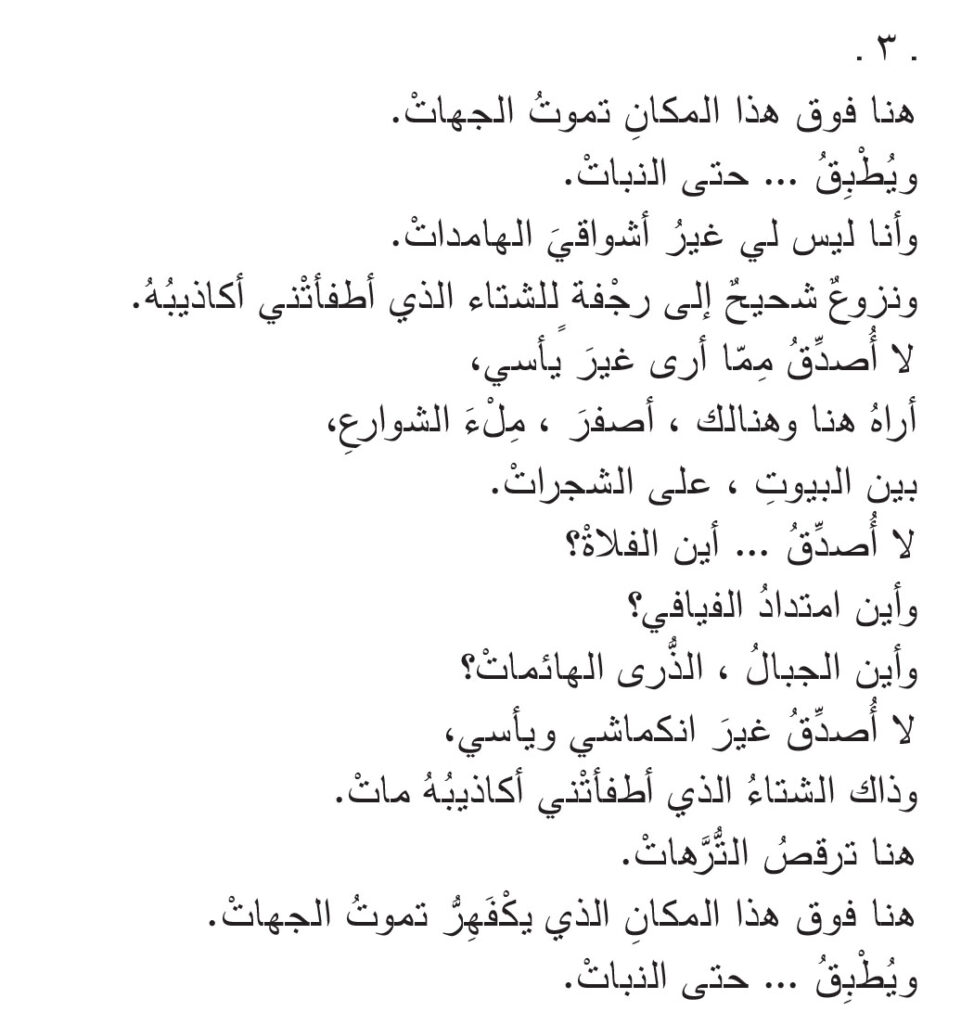



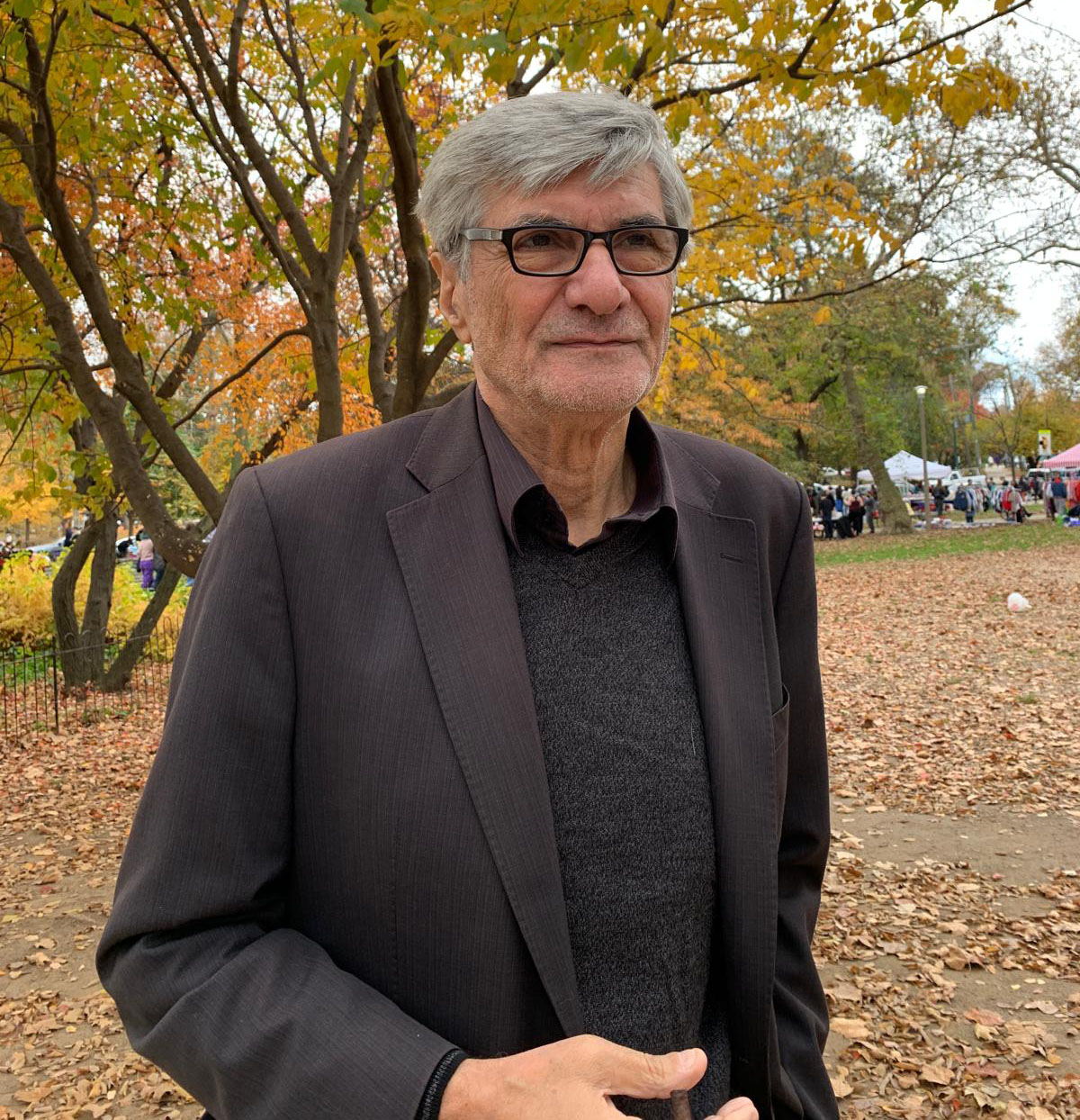
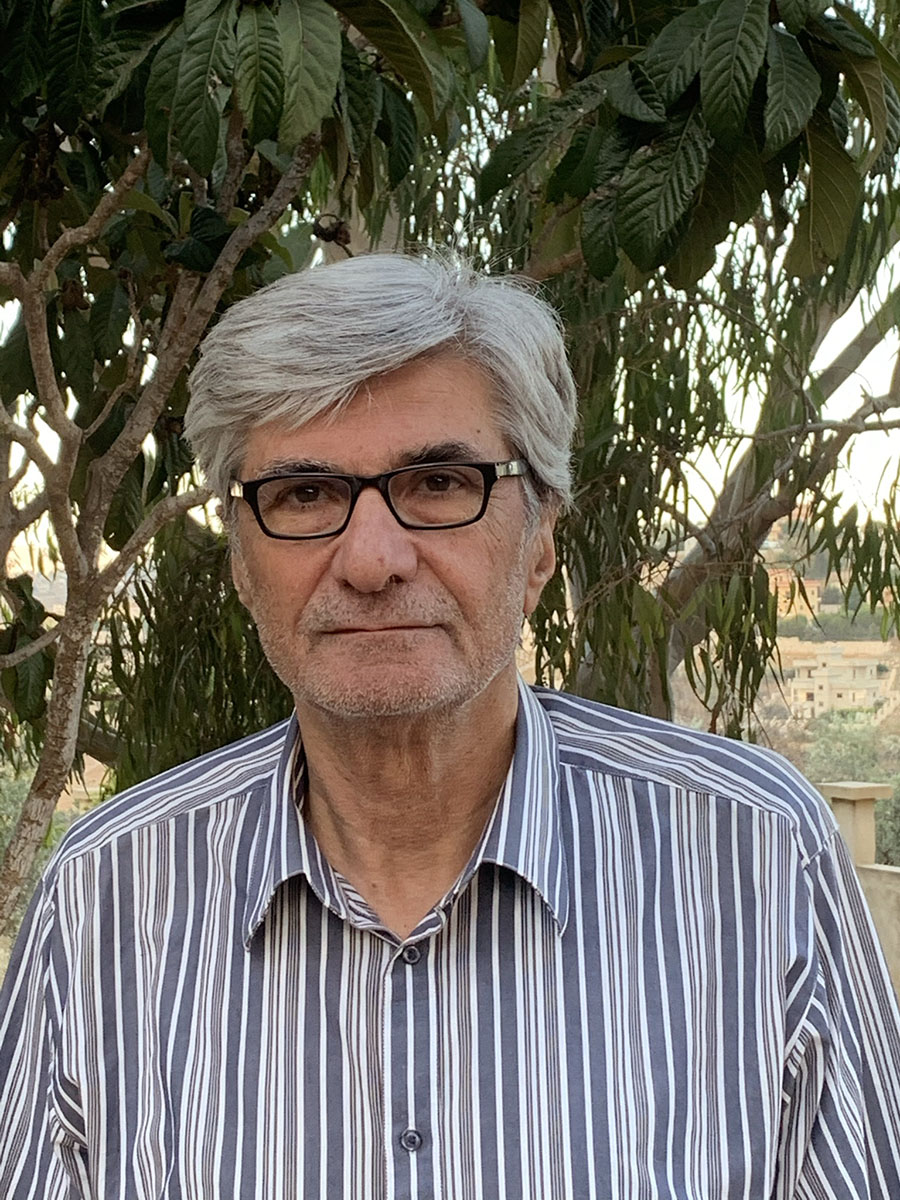



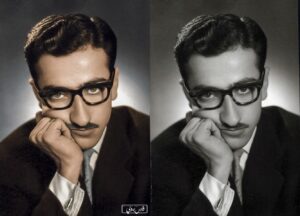



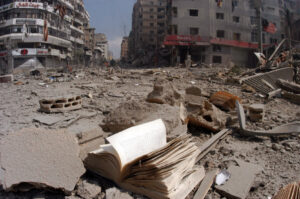







![Ali Cherri’s show at Marseille’s [mac] Is Watching You](https://themarkaz.org/wp-content/uploads/2025/09/Ali-Cherri-22Les-Veilleurs22-at-the-mac-Musee-dart-contemporain-de-Marseille-photo-Gregoire-Edouard-Ville-de-Marseille-300x200.jpg)































